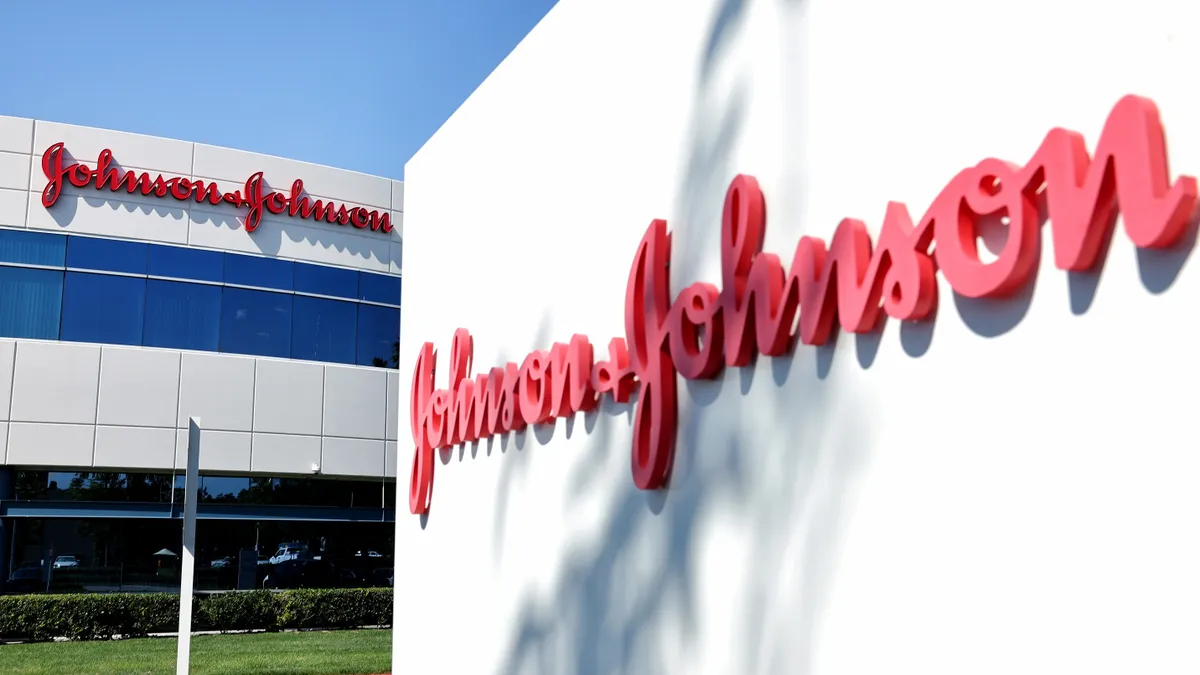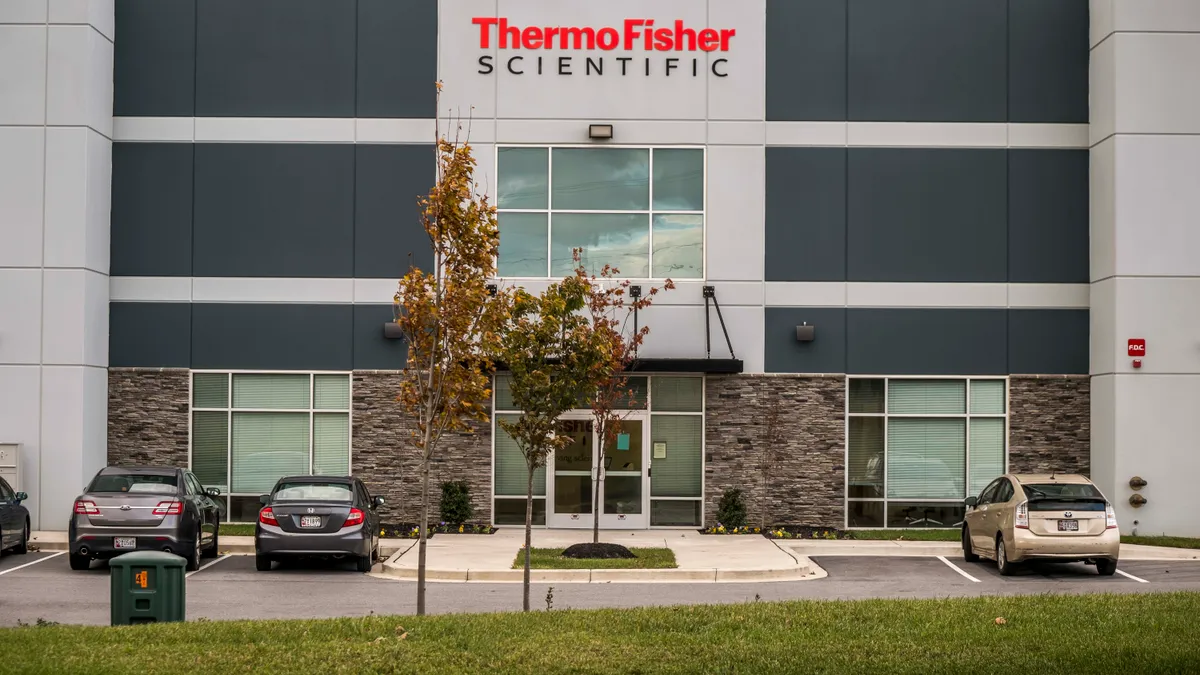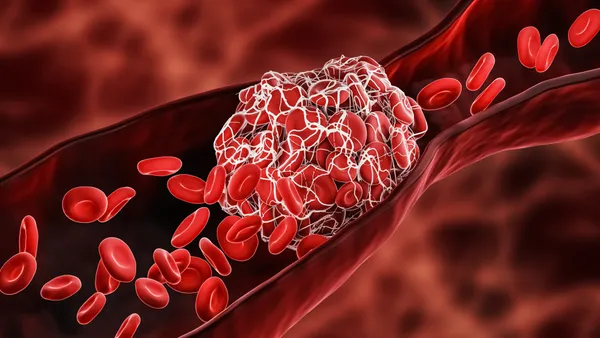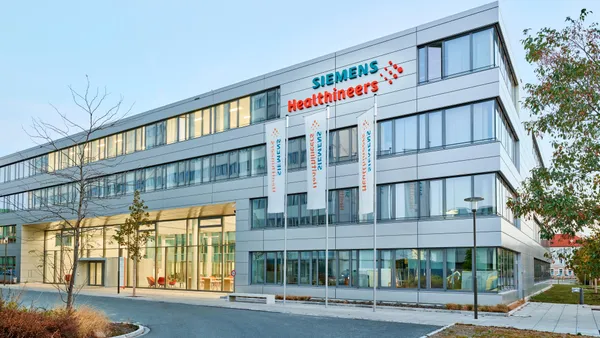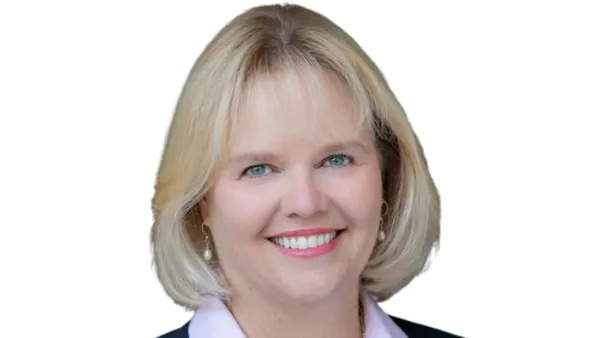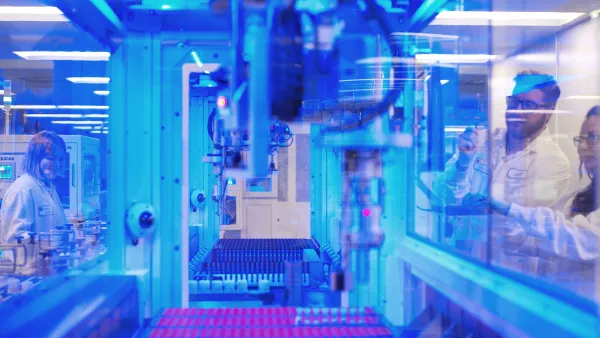Dive Brief:
-
Abbott Labs’ second quarter results have exceeded analyst expectations, sending its stock to an all-time high on Wednesday. The strong performance was underpinned by rising demand for new electrophysiology and diabetes devices.
-
Abbott responded to the successful quarter by raising its guidance and forecasting strong growth for a clutch of recently-cleared medical devices.
-
Sales at Abbott’s medical device unit increased by 11.3% year on year, bringing revenues for the quarter up to $2.9 billion. Growth was weaker in the U.S., where sales ticked up 5.7%, but Abbott still saw strong growth at certain subdivisions of its medical device business in its home territory.
Dive Insight:
Abbott has become one of the most consistent financial performers on U.S. markets. It is more than a decade since the company fell short of earnings expectations. The second quarter never came close to breaking that run, with strong performance at all four of Abbott’s divisions ensuring the company eased past its sales target despite concerns about the impact of the strong dollar.
Abbott’s diabetes unit was its strongest performer, both in the U.S. and overseas. The 40% jump in sales at the diabetes division follows regulatory clearances for Abbott’s continuous glucose monitor FreeStyle Libre, including an FDA approval in September. Sales at the diabetes unit have now grown by more than 30% for three consecutive quarters.
FreeStyle Libre differentiated itself from the competition when it came to market by eliminating the need for routine fingerstick testing. That has proven to be a popular feature with patients, although the FDA approval of the Dexcom G6 in March means Abbott no longer has the niche to itself. Despite that, Abbott thinks it will continue to add to its current user base of 800,000 patients.
“We expect go out of the year with over a million patients, which is unprecedented. We think this is a mass-market sort of a product as opposed to very niche medical device type product because there are so many people that are either insulin dependent or trying not to be insulin dependent. So I think the opportunity here remains enormous. I think the growth is quite sustainable,” Abbott CEO Miles White said on a conference call with investors.
Elsewhere, electrophysiology was the strongest performing unit at Abbott’s cardiovascular and neuromodulation division, which accounts for more than 80% of the company’s total device sales. Abbott attributed some of the 25% rise in electrophysiology sales to the commercialization of its Confirm Rx Insertable Cardiac Monitor (ICM). The device became the first smartphone-compatible ICM when it came to market in September. Using the device, physicians can remotely monitor patients for signs of cardiac arrhythmias.
Abbott responded to the strong second quarter by raising its expectations for the year. Management now expects diluted GAAP EPS from continuing operations to come in between $1.34 and $1.40, up from $1.23 to $1.33 under its earlier guidance. The move surprised analysts.
“I was surprised by their ability to raise EPS guidance absorbing a greater currency hit,” RBC Capital Markets analyst Glenn Novarro told Reuters. “It looks like they’re raising the midpoint of 2018 guidance by a few pennies, but it’s actually a lot more because they have to absorb over a 5 cent negative impact.”
The forecast reflects Abbott’s confidence that demand for the products that drove its second quarter performance will continue to grow. Abbott also expects products that have recently come to market to contribute. White thinks the recent FDA approval of Abbott’s next-generation mitral valve repair device, MitraClip, will expand its addressable market. Abbott also won FDA approval for a new stent in May, although the high level of competition is expected to limit growth.



